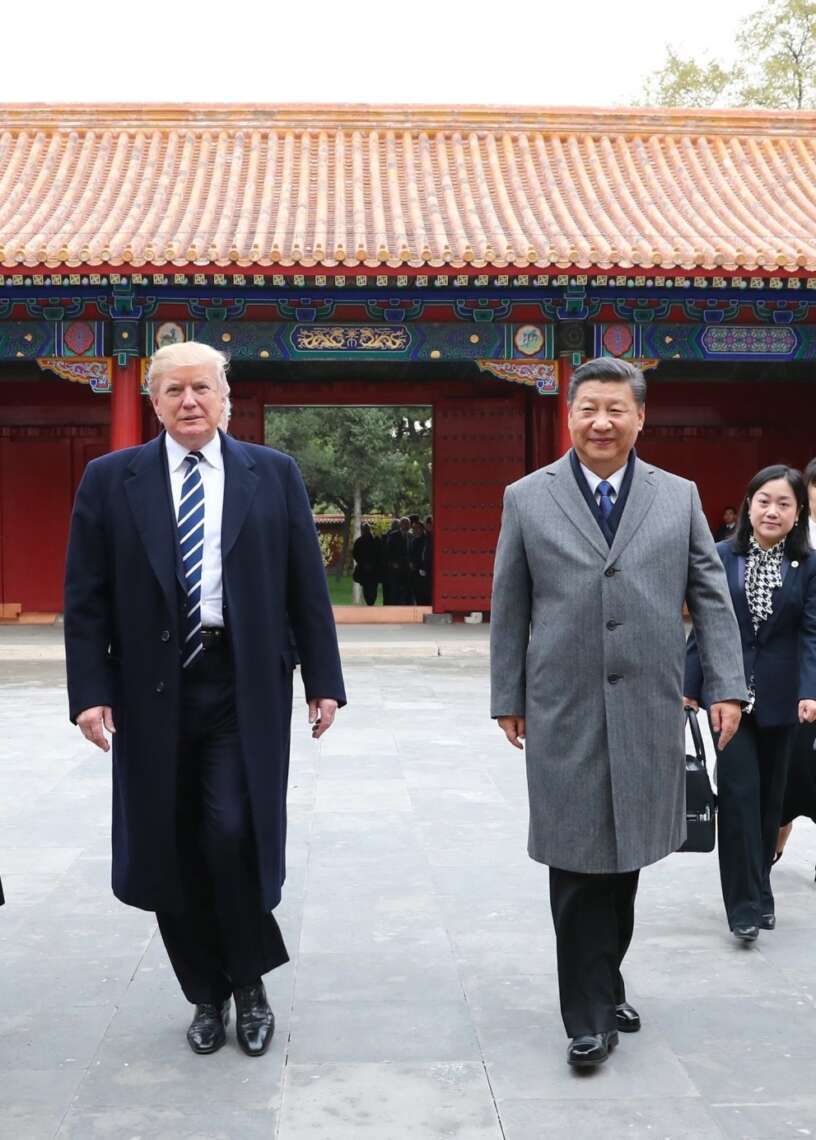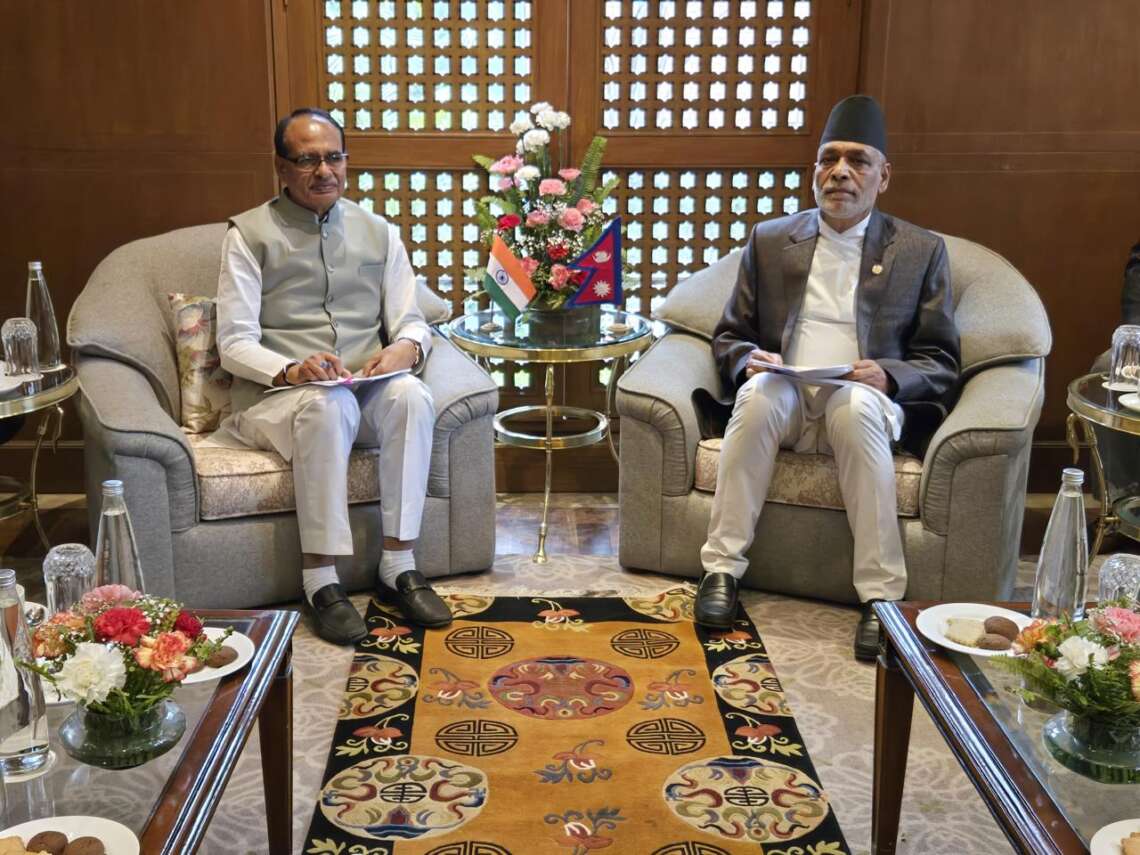The latest hike in tariffs comes after China raised its tariffs on US imports from 34 per cent to 84 per cent, effective April 10, which itself was a response to an earlier decision by Washington to raise duties on Chinese goods to 104 per cent
In a dramatic escalation of the ongoing tariff war, US President Donald Trump on Wednesday announced a steep hike in tariffs on Chinese goods to 125 per cent, following a tit-for-tat series of retaliatory moves that have shaken global markets and alarmed international observers. The latest development comes after China raised its tariffs on US imports from 34 per cent to 84 per cent, effective April 10. The Chinese move itself was a response to an earlier decision by Washington to raise duties on Chinese goods to 104 per cent, amid growing tensions over what the Trump administration calls “unfair trade practices.”
Declaring that the era of “economic surrender” is over, President Trump issued a strongly worded statement on Truth Social, accusing Beijing of showing “a lack of respect” towards global markets and the United States. “At some point, hopefully in the near future, China will realise that the days of ripping off the USA and other countries is no longer sustainable or acceptable,” he stated.
White House Press Secretary Karoline Leavitt reinforced the administration’s hard stance during a press briefing, saying, “It was a mistake for China to retaliate. When America is punched, he punches back harder. That’s why there will be 125 per cent tariffs going into effect on China tonight.”
Leavitt also dismissed any possibility of delaying or softening the move, noting that President Trump has a “spine of steel” and would not back down. However, she indicated that the door for negotiations remained open, revealing that nearly 70 countries had contacted the administration for talks since the announcement of the “Liberation Day” tariffs earlier this month.
Amidst the tension with China, Trump sought to strike a more conciliatory tone with other global partners. He announced a 90-day “pause” on retaliatory tariffs and authorised a substantially lower 10 per cent reciprocal tariff for 75 countries that had reached out to the United States for trade talks. India is among the nations engaged in ongoing discussions with American trade representatives.
“This 90-day period is a show of goodwill to those who chose not to retaliate,” Trump posted. The discussions with these countries cover a wide range of trade issues including barriers, currency manipulation, and non-monetary tariffs.
Meanwhile, China condemned the US tariffs as “groundless” and accused Washington of unilateral bullying. A spokesperson for China’s Ministry of Commerce reiterated Beijing’s position, calling the US actions “irresponsible” and harmful to global trade stability.
As markets reel from the rapid-fire announcements, analysts warn that the intensifying US-China tariff war could have far-reaching consequences for global supply chains and economic growth. With both powers locked in a spiral of retaliatory measures, all eyes are now on whether diplomatic overtures will calm the storm—or whether a full-blown trade confrontation is on the horizon.
Meanwhile, Asian stock markets surged on Thursday after Trump announced a 90-day pause on tariffs for 75 countries, including India. This decision brought some relief to global investors amid rising trade tensions.
Japan’s Nikkei 225 index jumped over 8.34 per cent, while Taiwan’s weighted index gained more than 9 per cent at the time of reporting. South Korea’s KOSPI index also rose sharply, climbing over 5 per cent.
Hong Kong’s Hang Seng index was up around 4 per cent. However, the Indian stock markets remained closed on Thursday due to the public holiday of Shri Mahavir Jayanti. Despite the temporary relief for some countries, the trade war between the US and China continued to escalate. On Wednesday (local time), President Trump announced an immediate hike in tariffs on Chinese goods to 125 per cent. This move came in response to China raising its tariffs on US goods from 34 per cent to 84 per cent, starting April 10.














